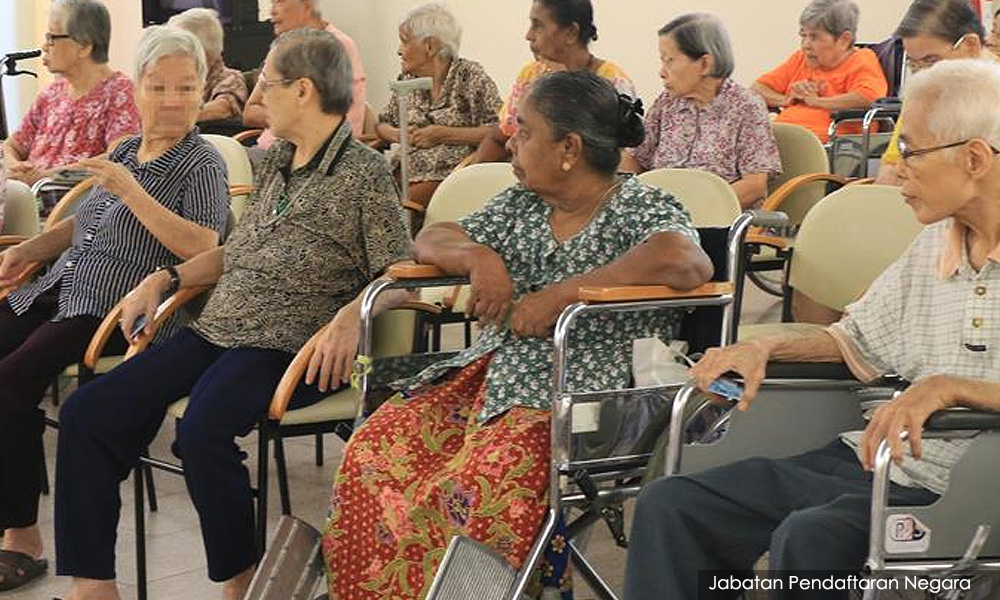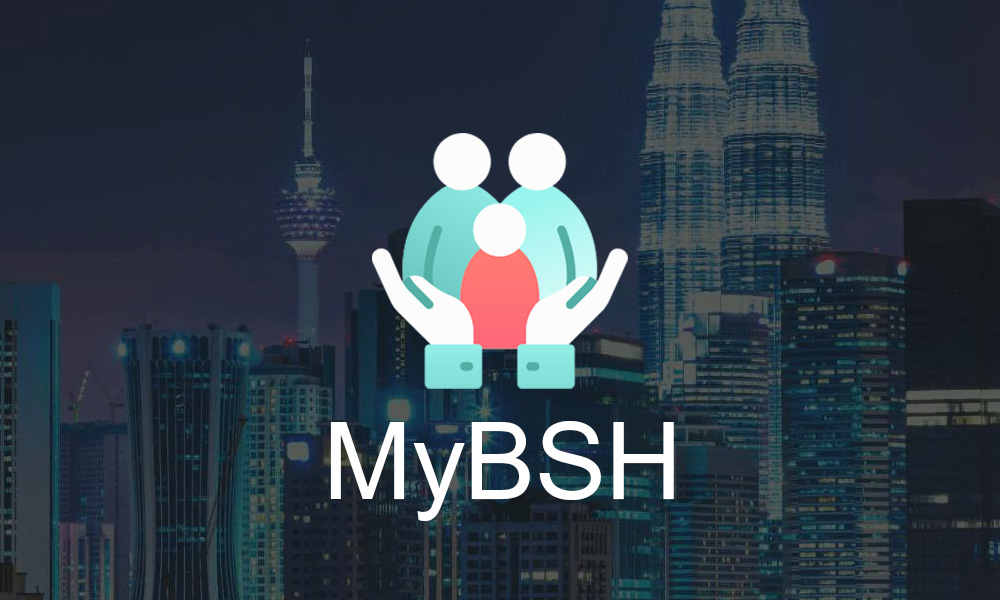Some suggestions to boost revenue and help the poor for Budget 2020
Finance Minister Lim Guan Eng will be presenting the 2020 budget on Oct 11, and the government is seeking new ways to increase revenues to meet the pressing demand for greater expenditure to boost the economy.
One solution is for the government to tax fixed deposit interest earnings above a certain amount. The FDs are in most cases accumulated and compounded yearly. This is one way the rich become richer without doing anything to help the lower-income categories by way of paying more taxes.
Additionally, this proposal will also lead to fixed deposits being used for more productive purposes rather than staying idle in the banks. The economy is in dire need of productive investments to create more development and employment. Also, when there are fewer savings and fixed deposits the interest on the FDs will have to rise unlike now where they are at rock bottom levels.
Another is to utilise the large number of government-owned land and properties unused or abandoned all over the country. These include land and buildings formerly used as offices by the Public Works Department, TNB, Telekoms as well as clinics hospitals, schools and teachers quarters and others can be rented, if not outright sold to businesses.
Most of these buildings and land are lying idle, vacant or vandalised. They are also fire, environmental and health hazards. Many of these occupy strategic positions and are ideal for various commercial purposes.
The government needs to conduct an audit of these properties and formulate a policy to lease them and not sell these important assets. This will bring in extra revenue instead of the government having to maintain or employ guards to protect these properties.
Businesses would only be too happy to get hold of these properties for supermarkets, petrol stations, restaurants and food courts, used cars and furniture businesses, horticultural nurseries and others.

It will be good if the government could introduce a social pension for senior citizens above 65 in the B40 group, which is facing great hardship and poverty due to the hike in the cost of living and the loss of income as well as the low value of their meagre savings due to inflation and depreciation of the ringgit.
The B40 group needs more realistic opportunities to increase their income such as share allocations for them to invest and obtain better returns, more skills training and courses, land for farming, small businesses set up by local authorities, employment as security guards, part-time jobs, enabling housewives to work in nearby offices and factories by providing them with flexible time options instead of relying on foreign workers.
There are plenty of easy and convenient jobs which housewives can perform if there were flexible time options. The government needs to change the labour laws if necessary to allow for flexible time options, and it should be regarded as part of the empowerment of women.
Another suggestion is to provide public transport such as a shuttle service between low-cost housing schemes, apartments, PPR flats and nearby industrial and commercial areas. This will enable many from the lower and middle-income groups to work to increase the income and be less dependent on foreign workers even for easy jobs.

The BSH aid payments should be increased, not reduced, in the 2020 budget given the hardship of the people. The petrol subsidy needs to be paid together with the BSH, and the government should not crack its head to experiment with an alternative method to provide the petrol subsidy. Many governments have tried and failed due to abuses in the petrol subsidy plans.
The Selangor government needs to withdraw the cancellation of its Mesra Usia Mas scheme that benefited senior citizens. It should also re-instate the B40 Peduli Sihat members who were disqualified due to a strange and questionable criteria whereby a quota of members was imposed for every state constituency. This was not the original plan of the Selangor government.
The Federal government needs to re-look at the Mysalam and Peka schemes. For those above 50, under the Peka scheme, only medical check-ups are allowed. What if the person is diagnosed as having a medical problem. Who is going to pay for the treatment? What is the point of knowing your medical problem if there is no financial help for treatment?
The MySalam scheme is heavily weighted in favour of the insurer as people below 50 are relatively healthy. The senior citizens are the ones who should have been included under the MySalam insurance, and the Peka scheme should be cancelled or discontinued as it serves no useful purpose other than creating a problem.
The views expressed here are those of the author/contributor and do not necessarily represent the views of Malaysiakini.
RM12.50 / month
- Unlimited access to award-winning journalism
- Comment and share your opinions on all our articles
- Gift interesting stories to your friends
- Tax deductable
